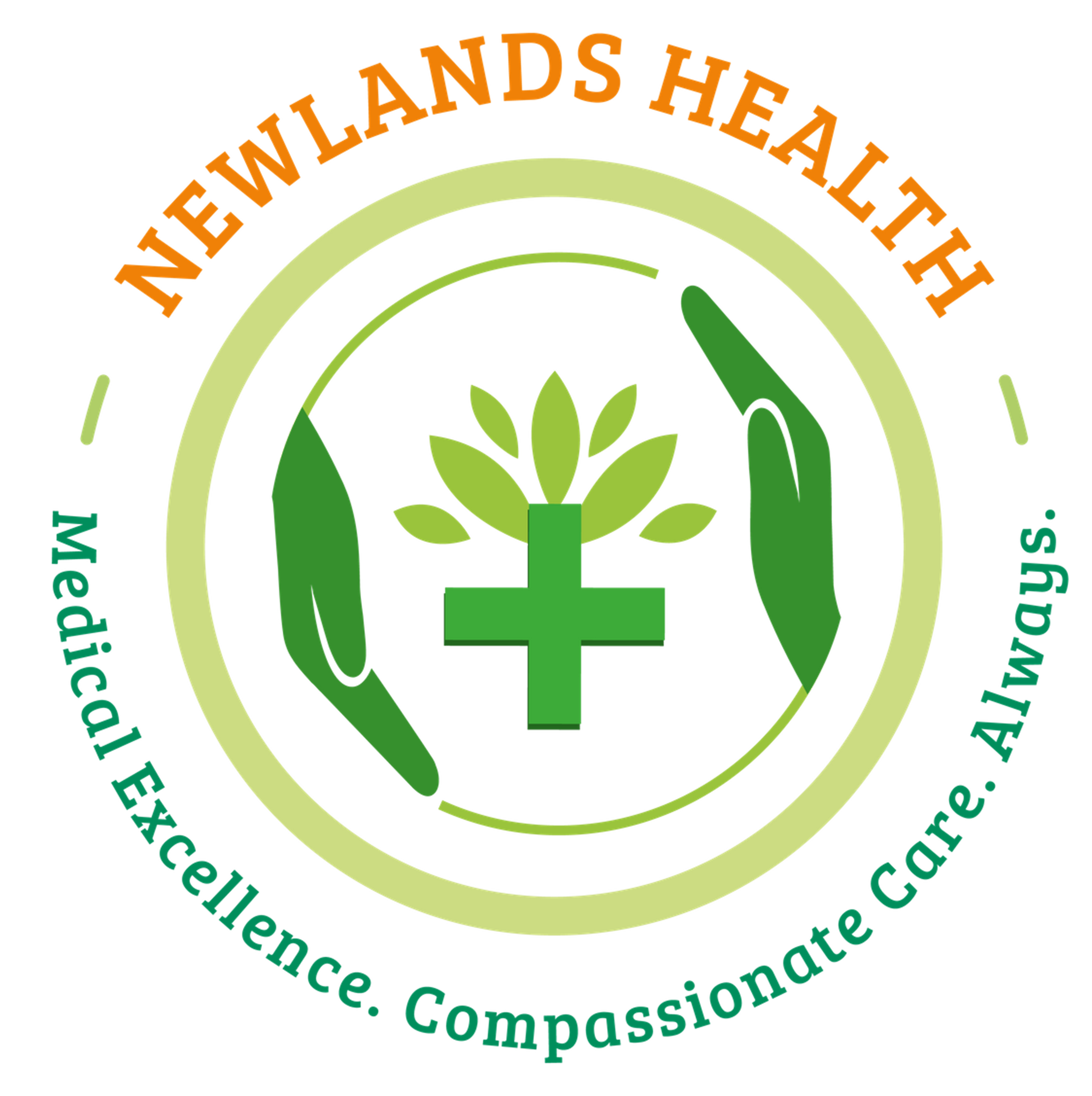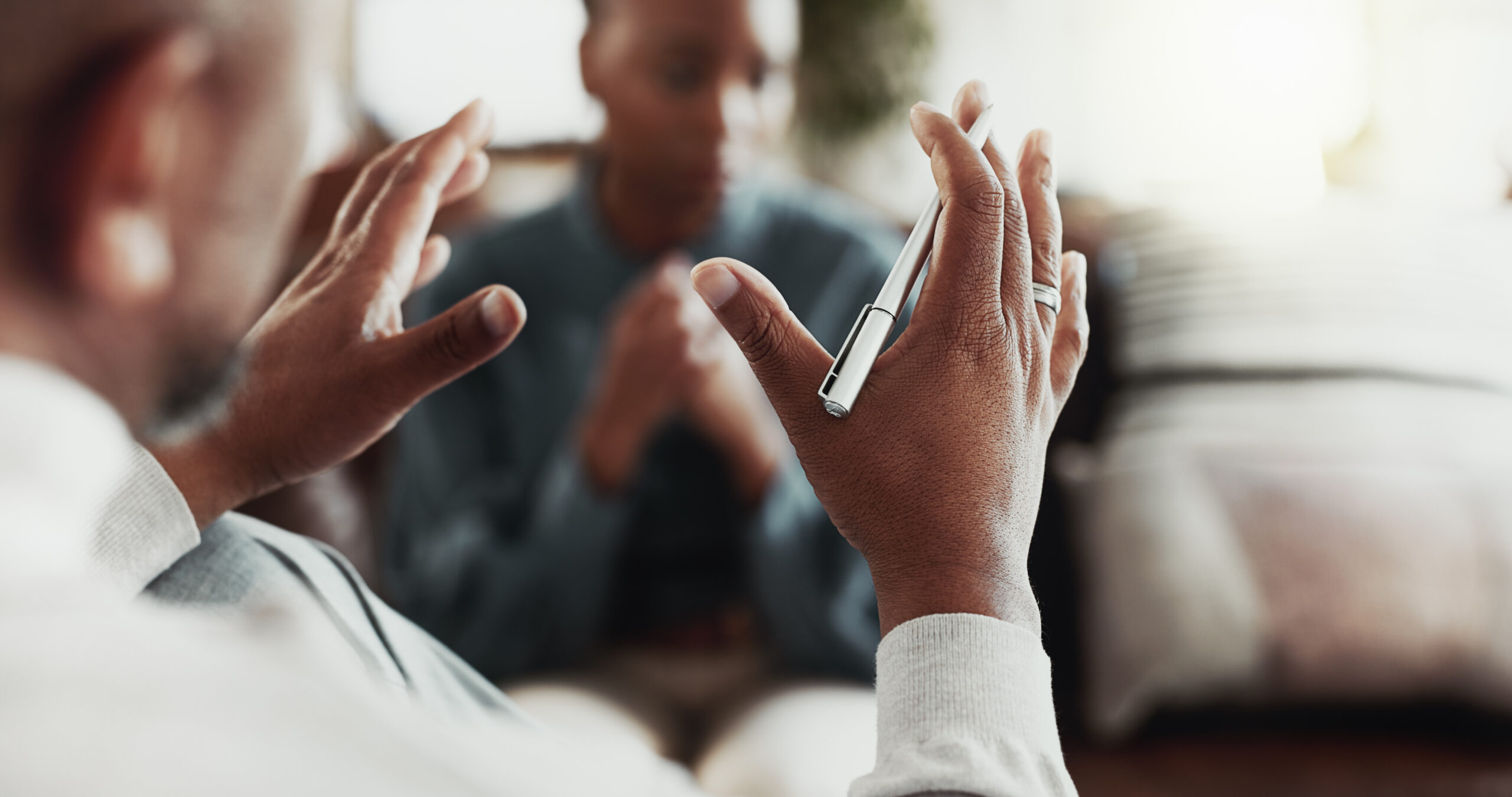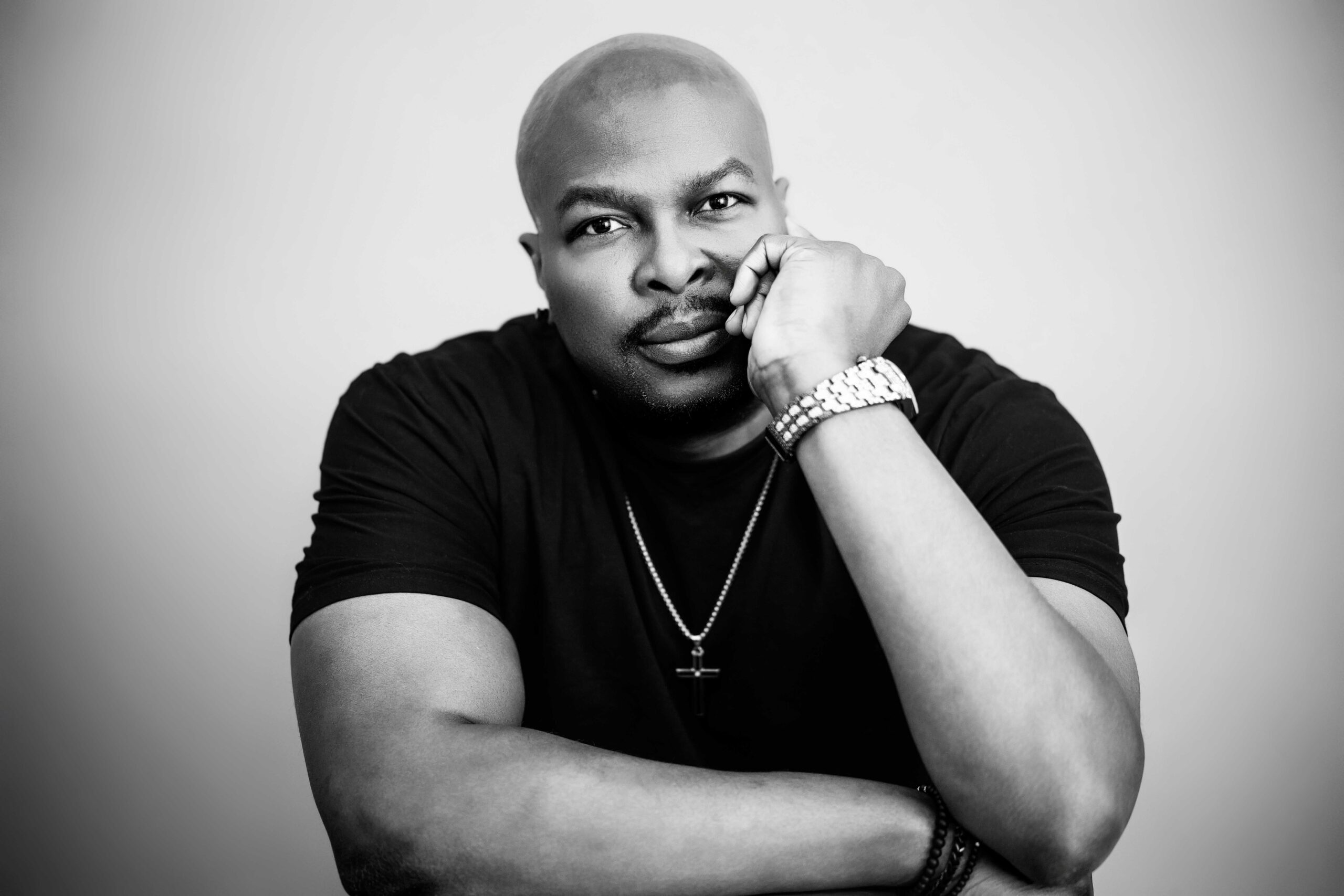Human Connection is more important
Let’s talk about something wild and crazy: actual human interaction. And no, I don’t mean your Twitter followers or that houseplant you’ve been oversharing with. I’m talking about real, live human beings. You know, those strange creatures with faces that move and voices that don’t come through a speaker? Yeah, those.The Friend-tastic Adventure: Rediscovering Human Contact.
Here’s a radical idea that’ll make your smartphone weep: How about we try scheduling a coffee date or phone call with a friend or family member once a week? I know, I know. Talking to people in real life sounds more terrifying than skydiving into a pool of hungry sharks while wearing a bacon suit. But trust me, it’s not as bad as your anxiety-riddled brain is making it out to be. And who knows? You might even enjoy it. Crazy concept, right?
Now, I can hear you protesting already. “But Mondy, I’m an introvert! Social interaction drains my batteries faster than playing Pokémon Go!” I get it. But here’s the thing: human connection is like a muscle. The more you use it, the stronger it gets. Start small. Maybe a 15-minute call with your least annoying relative. Work your way up to a full-blown coffee date. Before you know it, you’ll be a social butterfly. Or at least a social caterpillar. Baby steps, people.
Volunteering: The Ultimate Two-for-One Deal
And hey, if the thought of one-on-one interaction makes you want to crawl into a hole and never come out, there’s always volunteering. It’s like helping others and helping yourself at the same time. Talk about efficiency! Plus, it gives you a built-in conversation topic. “Oh, what did I do this weekend? Just saved the world, no big deal.” Boom. Instant cool points.
Volunteering is also a great way to meet people with similar interests. Like animals? Volunteer at a shelter. Love books? Help out at your local library. Passionate about the environment? Join a community clean-up crew. It’s like Tinder, but for making friends and actually doing something productive with your life.
The Digital Detox Challenge: Surviving Without Likes
Now, I know what you’re thinking. “But Mondy, how am I supposed to make real friends when I have all these virtual ones to keep up with?” Here’s a wild idea: try a digital detox. Start small. Maybe an hour a day without checking your phone. Work your way up to a whole day. I promise, the world won’t implode if you don’t know what your ex’s dog’s new owner had for brunch.
Use that newfound free time to, I don’t know, look up and notice the world around you. Smile at a stranger (not in a creepy way, please). Strike up a conversation with your barista. Join a club or a sports team. Remember those? They’re like Facebook groups, but with actual physical activity involved.
The Grand Finale: Your Social Awakening
So there you have it, folks. The secret to not turning into a smartphone-dependent hermit. Remember, staying socially healthy doesn’t have to be as painful as a root canal performed by a squirrel. It can be as fun as… well, hanging out with actual humans. Novel concept, I know.
Now, if you’ll excuse me, I have a coffee date with a friend I haven’t seen in person since the invention of the selfie stick. Wish me luck. I might have forgotten how to have a conversation that doesn’t involve emojis. But hey, that’s what friends are for, right? To remind us how to human. Stay social, my friends!



